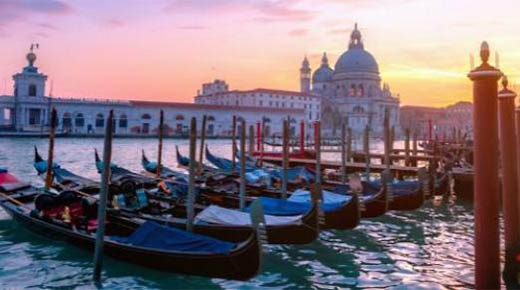Making the most of its position as an important seaport, Venice’s remarkable economic development during the Middle Ages relied on network effects, contractual innovation, and coordination among the players involved in long-distance trade. Companies today still exploit these mechanisms to succeed in underserved markets.
|
ADVERTISEMENT |
By the 15th century, the Republic of Venice was named La Serenissima (The Most Serene) due to its prosperity. Perfectly positioned midway between Constantinople (Istanbul), the gateway to the East, and Western Europe, Venetian merchants played a fundamental role in developing trade between the Mediterranean and the rest of the known world.
The Republic was, in fact, ruled by an oligarchy. While the Doge was head of state, the real governing power was exercised by the Maggior Consiglio, a political body comprised mostly of noble families. This body was strongly influenced by, and intertwined with, the needs of the commercial class.
…

Add new comment